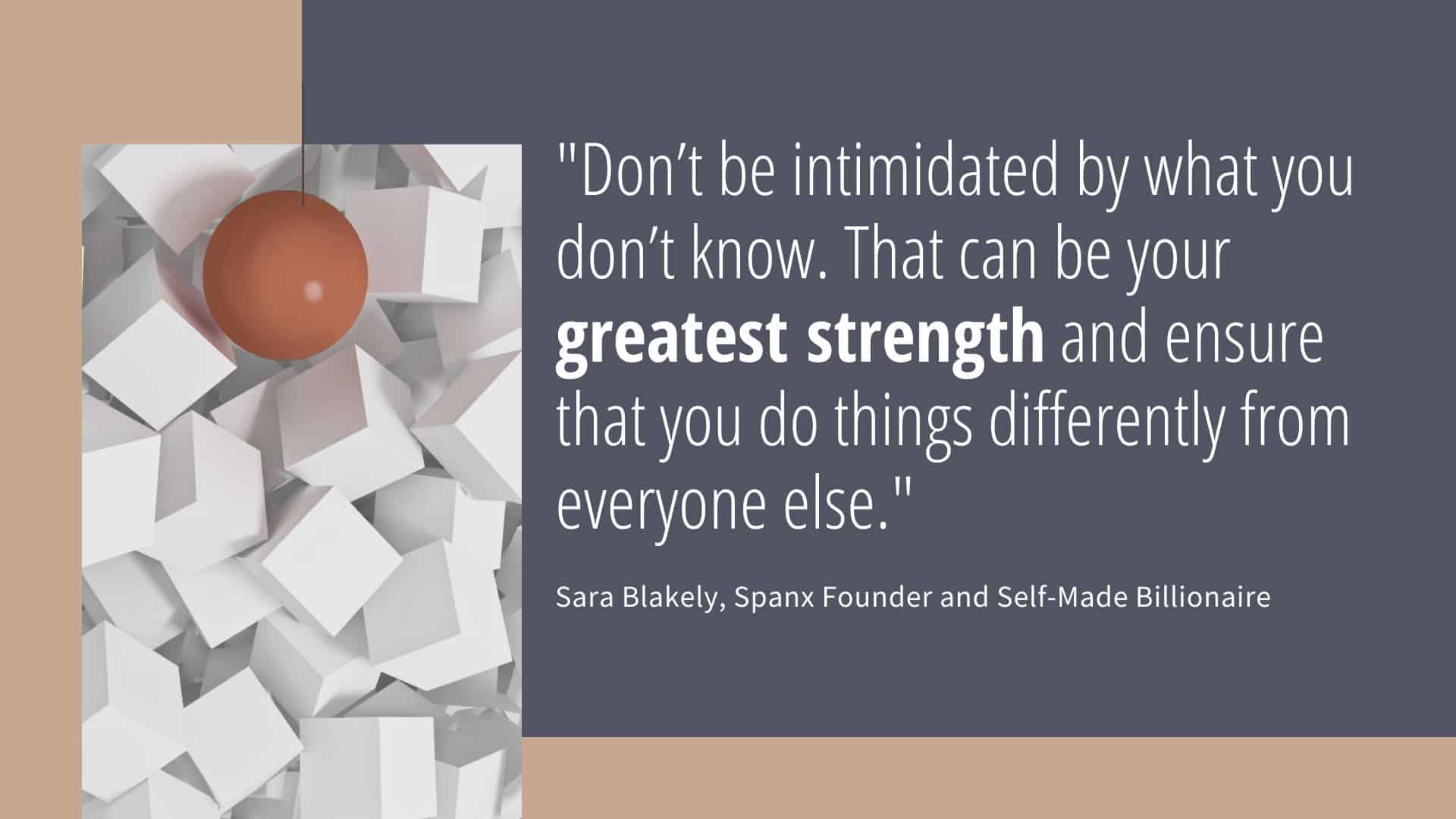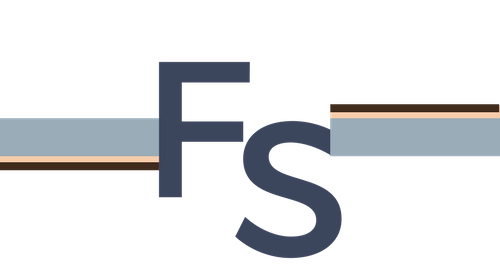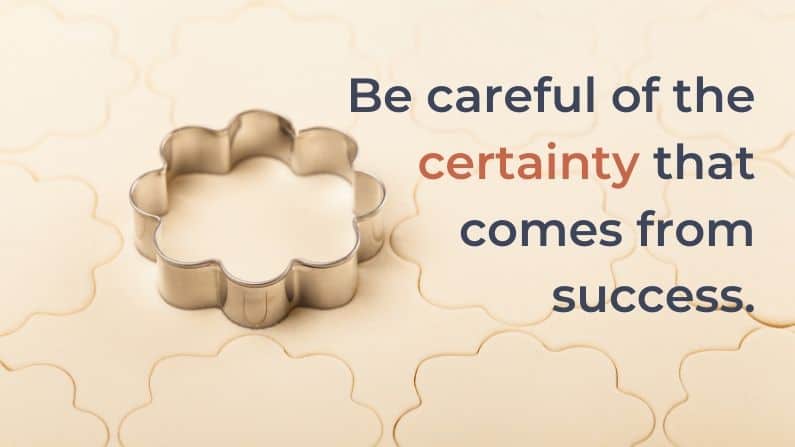I’ll admit it. The word “expert” has always made me cringe a bit.
I’m uncomfortable with the label, even when someone graciously bestows it upon me. Doesn’t being an expert make it challenging to learn new things and mess up while everyone is expecting you to stay in your lane of expertness? Learning and trying new things is what fuels me, and I spend a chunk of my time being anything but expert as I acquire new skills and strengths.
However, it does get harder to try new things because the stakes seem higher, the more success and expertise you enjoy.
Andy Andrews echoed this idea in his fabulous little book, “The Bottom of the Pool: Thinking Beyond Your Boundaries to Achieve Extraordinary Results.” Andy says, “the closer to the top of any field of endeavor one is acknowledged to be, because of the results they have already produced, the less likely they are to attempt thinking beyond what got them there in the first place.”
It makes complete sense!
The more successful you’ve been doing something, the riskier it seems to try something else. It’s one of the reasons disruption rarely comes from within an industry.
Would Sara Blakely have created a multi-billion dollar brand if she had been an expert in apparel? She doesn’t think so.

And here we face the Expert’s Dilemma.
The tragedy in this dilemma is that experts and successful leaders are precisely the people who could create the most impact from new ideas. They have the acquired experience and context to leverage innovation fully.
So how can we combat the Expert’s Dilemma? Two things come to mind:
Continually ask, “While this is the way we have thought/acted in the past with much success, what might generate even better results?
Challenge assumptions. Often, what we believe to be right limits our thinking. The best way to combat this is to challenge the very assumptions we “know” to be true. I’ve created a terrific tool, “Guide to Challenging Assumptions,” you can download from the link below.
Get my free “Ultimate Guide to Challenging Assumptions”
Let’s face it. The competition keeps getting more robust, AND it’s coming from unexpected places. There’s a good chance that what worked before may not work now. The scales have tipped, and the risk of not looking for new and innovative ideas outweighs the risk of abandoning what’s worked in the past in favor of trying something different.
Now is the perfect opportunity to combine expertise and experience with a beginner’s mindset to create the best solutions.
How do you avoid the Expert’s Dilemma? Please share your thoughts with me on this, and if you’ve found this information helpful, you can help me get the word out by using the links provided and sharing it with a colleague.
Work well,


